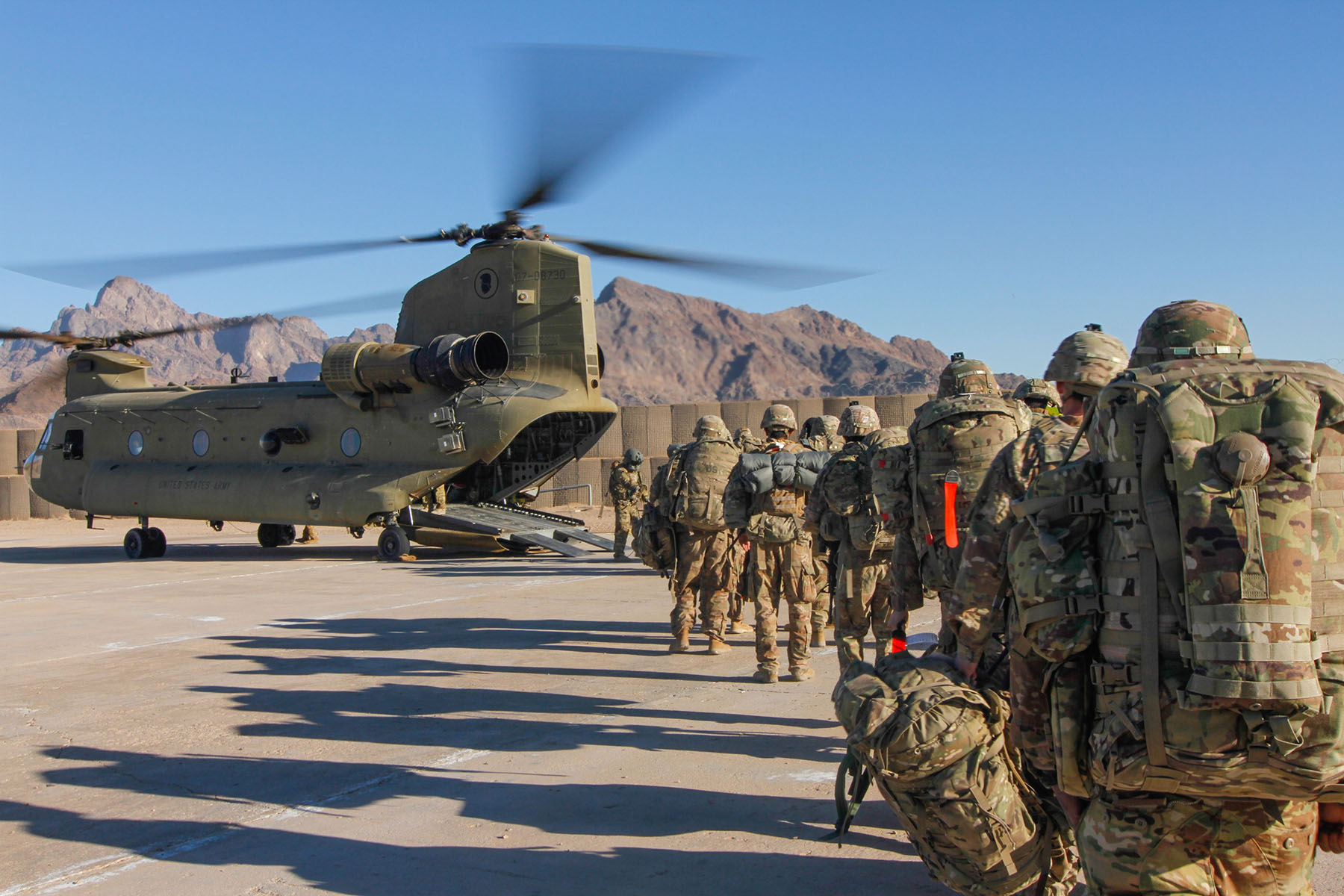15 September 2021
The last vestiges of US troops bid adieu to Afghan soil at midnight of August 30 before the deadline set for 31st August. It is ironic that Afghan military forces of over 3 million surrendered to the Taliban’s mere 70,000 fighters. For this, many strategic analysts believe that President Ashraf Ghani’s weak and poor leadership compelled Afghan forces to surrender without firing a single shot, albeit equipped with a huge cache of American weapons. What is more troubling is the abysmal failure of US intelligence sources that it had little inkling of the Taliban’s swift capture of the Kabul city. U.S. and NATO troops stationed in Afghanistan were caught in a slumber! Moreover, President Biden’s ignominious withdrawal of US forces will be written in history as an act of unpardonable cowardice and will also be remembered as a “page of great shame.” It not only speaks of an apocalyptic defeat of a mighty superpower but also its bureaucratic languor in leaving behind sophisticated weapons and logistics worth billions of dollars to indirectly help build the Taliban’s military strength and its creaking infrastructure.
How should all these developments be interpreted? Much of the mess is a direct outcome of U.S. policymakers’ poor knowledge about Afghan history, its geographical terrain, its local cultural values, and its various ethnic factions. The timely publication of The Afghanistan Papers: A Secret History of the War (2021) by Craig Whitlock and The Washington Post also reinforces the validity of my geopsychology theory that America ignored as to what kind of war it was fighting in Afghanistan before sending out its troops there. Whitlock and The Washington Post wrote, “Distracted by the war in Iraq, the US military became mired in an unwinnable guerrilla conflict in a country it did not understand. But no president wanted to admit failure, especially in a war that began as a just cause. Instead, the Bush, Obama, and Trump administrations sent more and more troops to Afghanistan and repeatedly said they were making progress, even though they knew there was no realistic prospect for an outright victory.”[1]
I had predicted in my book The Geopsychology Theory of International Relations in the 21st Century (2021) that Afghanistan would turn out to be a Napoleonic Waterloo for America. This has come true with its humiliating retreat from Afghanistan. What has America gained after squandering trillions of dollars on an unwinnable war in Afghanistan? More importantly, the US waterloo can be attributed to a host of factors. First, America underestimated the Taliban’s psychological toughness as well as its brutal resolve to force America to flee from Afghanistan driven by the Taliban’s singular motive of freeing the country from occupiers—the US and NATO nations. Secondly, America foisted a weak and wavering government on Afghanistan under the leadership of Abdul Ghani who lacked grit, political willpower and capability to fight the Taliban to the finish. Third, America failed to evaluate who will be the major beneficiaries of a power vacuum following the US withdrawal from Afghanistan. Today, China, whom the Taliban calls their “most important international partner”, appears to be a major gainer in the game of power politics, apart from Pakistan’s strategic role in reshaping the structure of governance in the Taliban-led government. In the Taliban’s perception, China’s funding and infrastructural assistance are indispensable for running its government smoothly. Fourth, America did not prepare any blueprint to deal with Pakistan’s interventionist role in Afghan affairs. Be that as it may, America lacked a well-articulated plan or strategy to scuttle Pakistan’s increasing influence in a new Afghanistan. The Pakistani ISI Chief Gen. Faiz Hameed’s went to Kabul in early September 2021 to negotiate on power-sharing between the Taliban and the Haqqani group. He played a pivotal role in securing key berths for Haqqanis in the newly formed Taliban cabinet. It is an open secret that the Haqqani network is known for being a hard-core anti-US and anti-India.
What were American top think tanks and a battery of strategic experts doing when Biden was squarely faced with dealing with an unforeseeable eventuality following the withdrawal of US troops? How could US policy experts and strategists save American image, prestige and credibility by assisting President Biden in clinching a deal of “peace with honour” as did Henry A. Kissinger with his diplomatic astuteness and tactics in Vietnam imbroglio? He played a key role in saving America from the worst nightmare of its humiliation by engaging stakeholders through forging détente with China and the Soviet Union— the mentors of Vietnam. Diplomatic confabulations, of course, resulted in a peace accord with the Vietnamese leadership. Concomitantly, it was an honourable retreat of American troops from Vietnam. Interestingly, Henry Kissinger was awarded the Nobel peace prize for that accord in facilitating peace and tranquillity in conflict-ridden Vietnam.
It is a matter of speculation as to what Henry Kissinger would have done to handle the amorphous and fragile situation in Afghanistan to restore American credibility? Whatever arguments are being advanced by President Biden to justify his hasty decision to withdraw US forces within a stipulated deadline, history will not be kind to him in judging his flawed decision-making on Afghanistan. Finally, America has not only lost its credibility among its allies and strategic partners but its leverage that has plummeted in world politics. This has certainly boosted the morale of China and Russia to make America eat humble pie in other conflict-ridden theatres such as the Korean Peninsula, Syria, Taiwan, and the South China Sea.
Cover Photo: “Heading Out”, US DoD Imagery, 1st Lt. Verniccia Ford, 15 January 2019
[1] Craig Whitlock and The Washington Post, The Afghanistan Papers:
A Secret History of the War, 2021,https://www.simonandschuster.com/books/The-Afghanistan-Papers/CraigWhitlock/9781982159023?ss_sid=121082103&utm_source=email&utm_medium=sands_email&utm_campaign=20210905_Hin5_September


